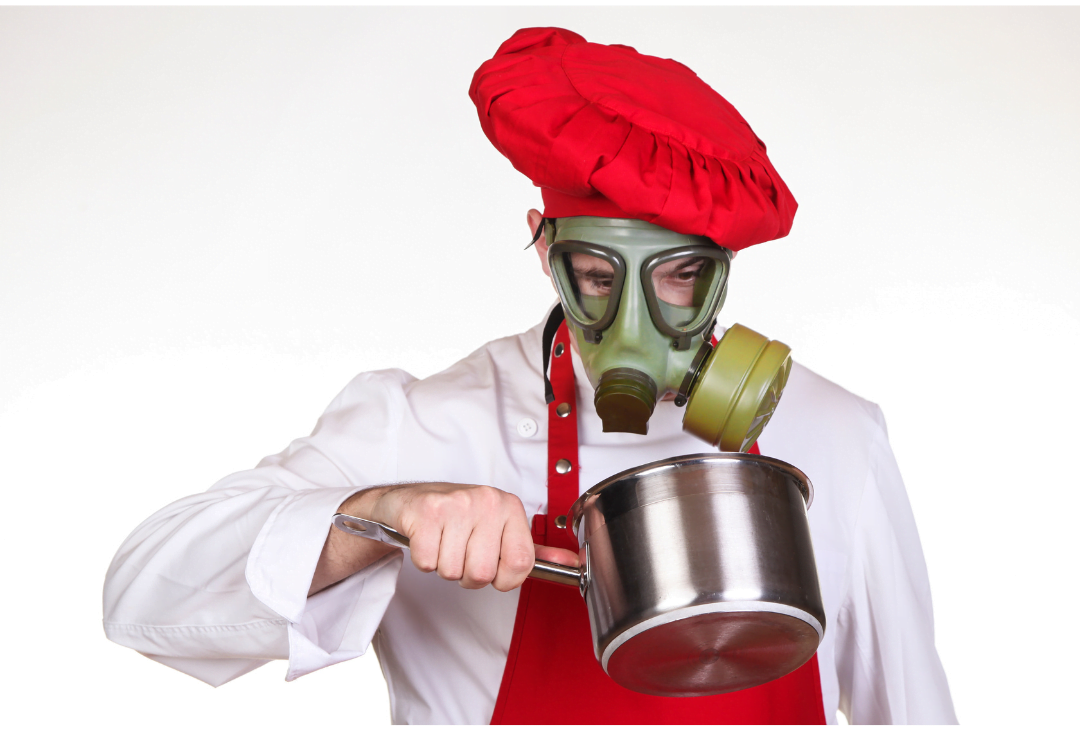Food poisoning is a common and serious problem. Across Canada, 12.5% of the Canadian population annually experience food poisoning. There are also about 48 million cases in the United States.
Those numbers are likely even higher because many cases are not reported. Food poisoning can cause serious illness and even death. It is important to know the signs and symptoms of food poisoning and what to do if you or someone you know gets sick.
1. Symptoms of Food Poisoning
If you have ever experienced the unpleasant symptoms of food poisoning, then you know how debilitating it can be.
The symptoms of food poisoning can range from mild to severe, and can include vomiting, diarrhea, abdominal cramps, fever, and dehydration. While most cases of food poisoning are mild and resolve on their own, some can be more serious and even life-threatening.
If you experience any of the following symptoms after eating, it is important to seek medical attention right away:
- Severe abdominal pain or cramping
- Bloody diarrhea
- Fever over 101 degrees Fahrenheit (38.3 Celsius)
- Vomiting that lasts for more than 24 hours
- Signs of dehydration, such as excessive thirst, dry mouth, or sunken eyes
2. Causes of Food Poisoning
There are many different bacteria, viruses, and parasites that can cause food poisoning. Some of the most common include:
- Salmonella
- E. coli
- Listeria
- Staphylococcus aureus
- Campylobacter
These microbes can contaminate food at any point during the production process, from the farm to the kitchen table. Once contaminated, food can cause serious illness within hours or even minutes.
3. How to Prevent Food Poisoning
If you are worried about getting sick from food poisoning, there are some simple steps that you can take to reduce your risk.
At home
First, be sure to wash your hands thoroughly with soap and water before you prepare food. This will help to remove any bacteria or viruses that you may have picked up from touching surfaces outside the home.
Next, make sure that you cook food thoroughly. Use a food thermometer to check that meat and poultry are cooked to a safe internal temperature. And be sure to cook eggs until the yolks and whites are firm.
Finally, it is important to avoid cross-contamination. This happens when bacteria from raw meat or poultry are transferred to other food. To avoid this, keep raw meat and poultry separate from other food. And be sure to wash cutting boards, knives, and other surfaces that have come into contact with raw meat or poultry.
By following these simple steps, you can help to protect yourself and your family from food poisoning at home.
Outside your home and at restaurants
When dining out, there are a few simple steps you can take to avoid food poisoning:
1 – Before you even step foot in a restaurant, do your research. Check out online reviews and see what other diners have to say about the cleanliness of the establishment. If you see a lot of complaints about food poisoning or other health concerns, it’s probably best to avoid that restaurant.
2 – When you’re at the restaurant, take a look around. Can you see the kitchen? Is the kitchen clean? Are the employees handling food properly? Are all of your plates and cutlery clean? If you see any red flags, it’s best to err on the side of caution and choose another restaurant.
3 – When you’re ordering your food, be sure to ask about any potential allergens. If you have a food allergy, it’s important to know if the dish you’re ordering contains any ingredients that could trigger a reaction.
4 – Also, be sure to specify how you would like your food cooked. This is especially important with meat and poultry. Undercooked meat and poultry can harbour harmful bacteria that can cause food poisoning.
5 – Finally, trust your gut. If a dish looks or smells bad, it’s probably best to avoid it. And if you start to feel ill after eating, be sure to see a doctor right away.
4. When to Seek Medical Care for Food Poisoning
When it comes to food poisoning, there are a few general rules to follow. If you experience any vomiting or diarrhea, it is important to seek medical care. This is especially true if you have a fever over 101 degrees Fahrenheit or if you have any blood in your stool.
If you are pregnant, have a weakened immune system, or are elderly, you should also seek medical care as soon as possible. Generally, it is always best to seek medical attention if you are feeling very ill.
If you think you may have food poisoning, it is important to see a doctor as soon as possible, as some cases can lead to serious complications, such as dehydration, kidney failure, or even death. Early diagnosis and treatment are crucial in these cases.






